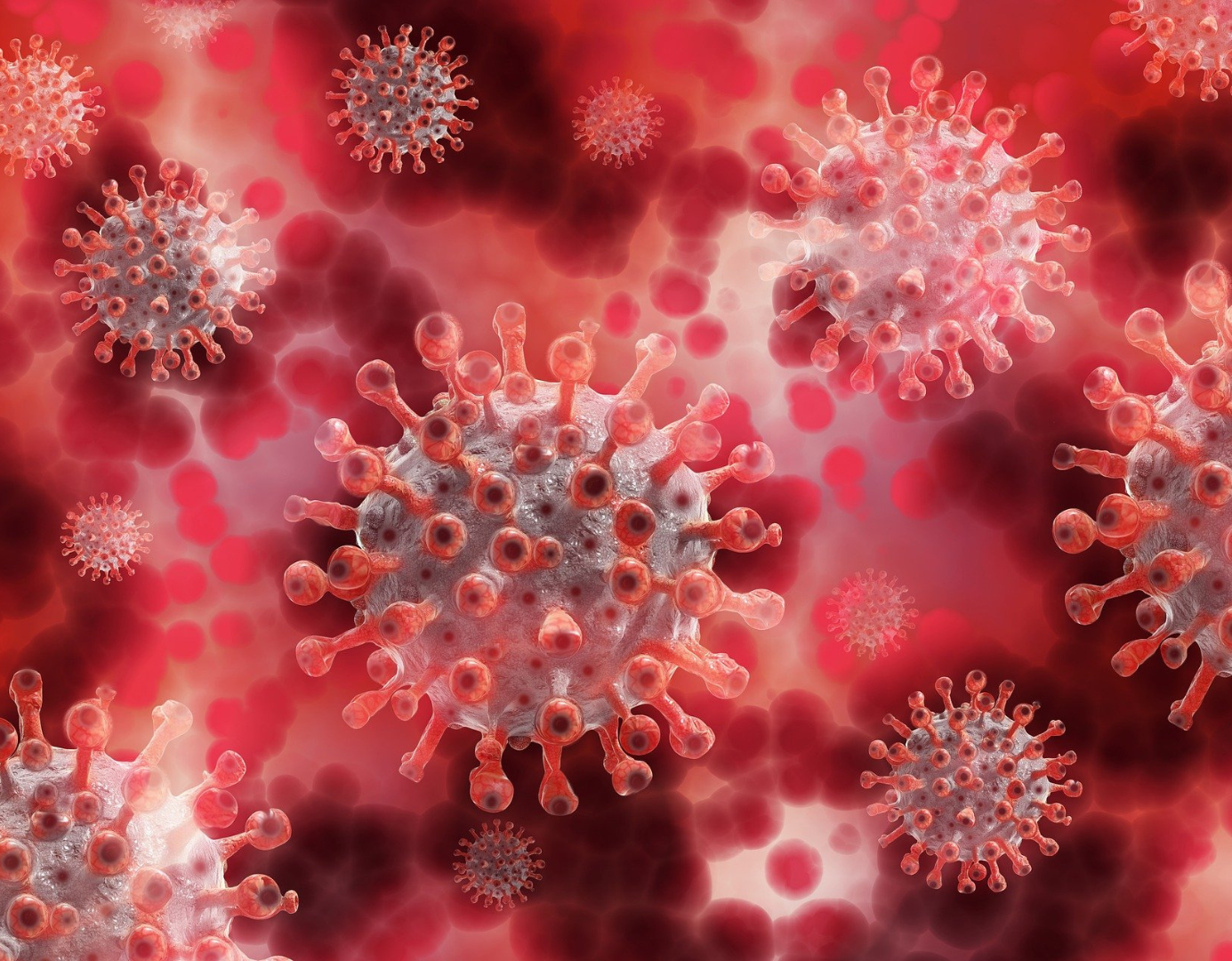Evusheld - update on 17 October 2022
Published on: 17 October 2022Evusheld, the COVID-19 treatment which could prevent disease.

In March 2022, Evusheld was approved by the Medicines Healthcare and Products Regulatory (MHRA), the agency which regulates medicines for use in the UK. Evusheld is a pre-exposure prophylaxis treatment (this means a treatment given to people before being exposed to the risk of COVID-19 infection) in order to prevent disease. Current COVID-19 treatments offered are given to people after they have been exposed to COVID-19.
We have been monitoring the situation and awaiting updates from the government as to how and when the drug would be approved for use on the NHS as it could be particularly beneficial for those who have not accumulated a good immune response to COVID-19 vaccines.
In the summer, we found out that the government would not immediately be purchasing the drug. Instead, it has been referred to the National Institute for Health and Care Excellence (NICE) for assessment. This means that the treatment will go through a NICE appraisal, where evidence will be gathered and reviewed by experts and a final decision about whether Evusheld will be made available will be made in 2023.
A recent article in the British Medical Journal summarised the concerns raised by clinicians and patients, noting that 'because this process is not due to conclude until well into 2023, clinicians and patients have warned that people who could potentially benefit from the drug will miss out this winter.'
Professor Graham Collins, Associate Professor of Haematology at Oxford University Hospitals, acknowledged that: 'Real world data suggests Evusheld works at least to some extent, to prevent some types of COVID. In patient groups who need multiple layers of protection, it would be reassuring for many to see the treatment available for use on the NHS and we hope this process is accelerated by NICE.'
We have submitted to the NICE assessment to advocate for use of Evusheld by the NHS. You can read an outline of our HTA submission here.
The delay in introducing Evusheld is understandably disappointing for many charities, clinicians and people affected by lymphoma. Whilst clinical trials in adults show a significant reduction in the risk of developing COVID symptoms for at least six months after a single dose, the government wants evidence of longer protection against Omicron.
We understand that COVID-19 remains a concern for people affected by lymphoma. Here we summarise ways you can continue to stay safe and reduce your risks of catching COVID.
You can also contact our helpline (0808 808 5555) which is open between 10am – 3pm Monday-Friday if you require support or information.
Originally published: 12 August 2022
Updated: 19 October 2022
